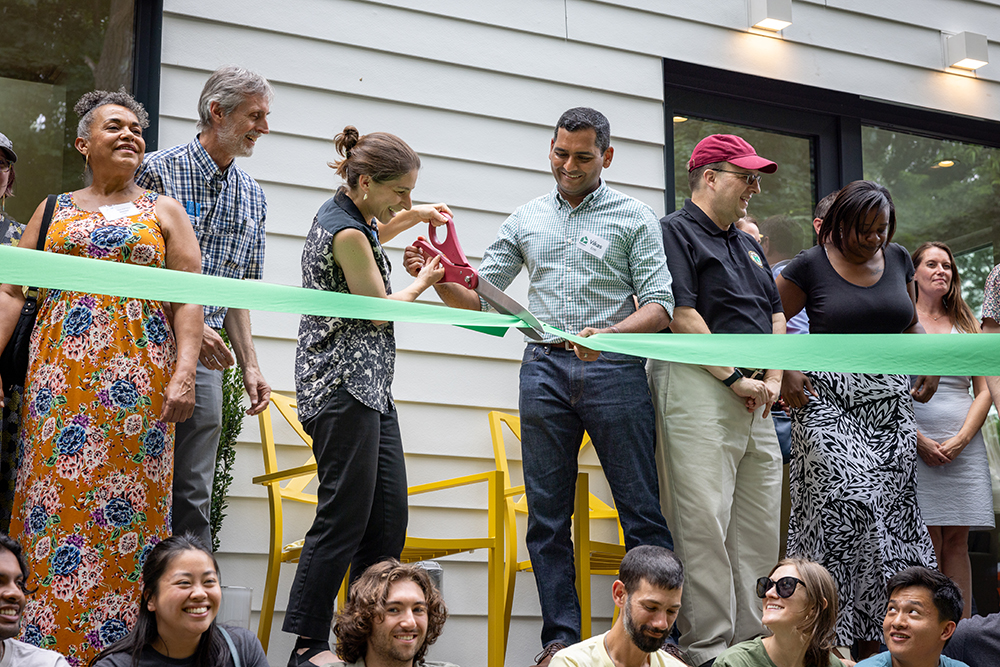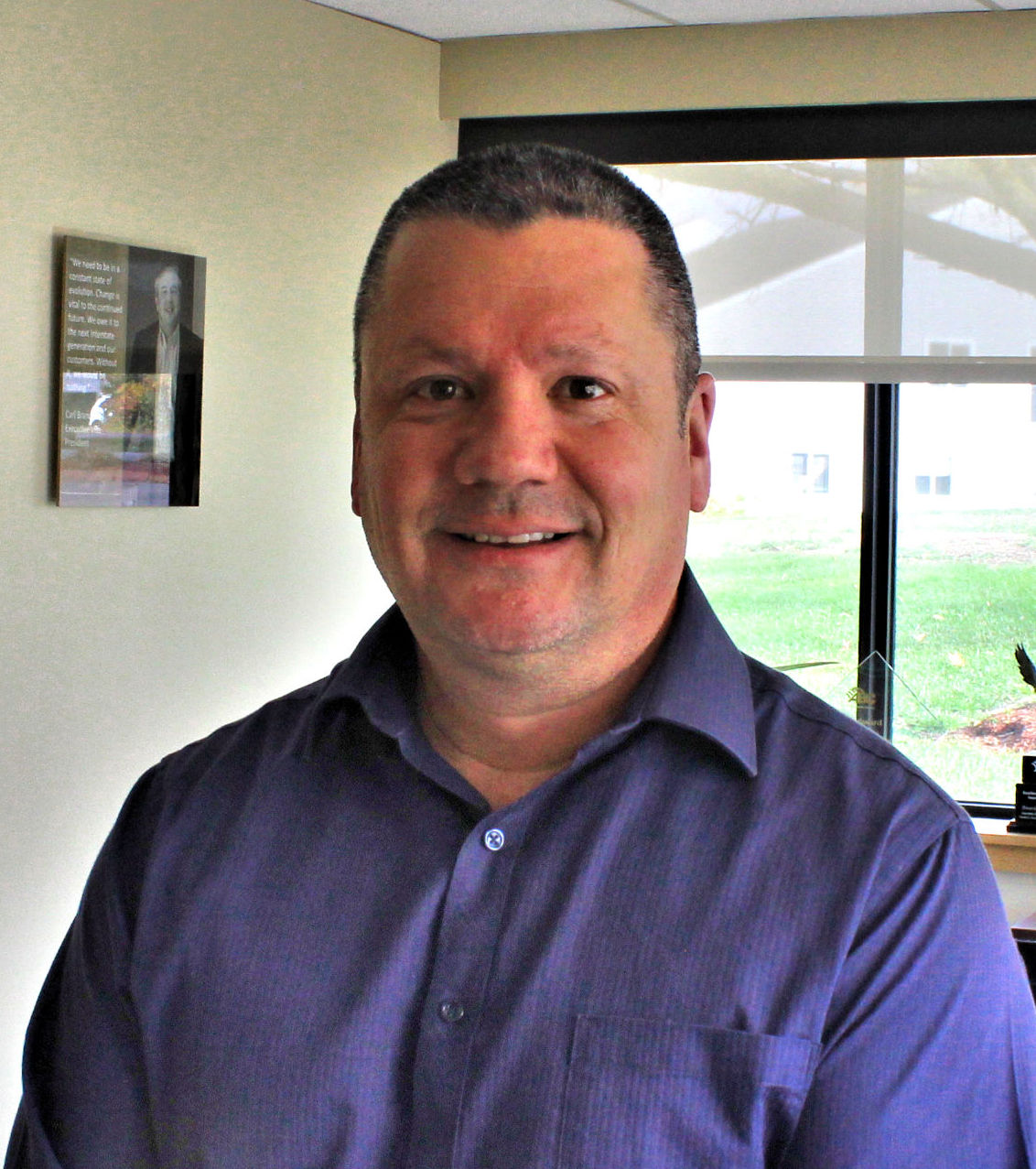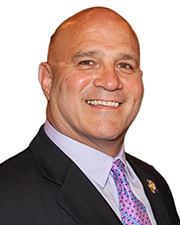Housing Corp. of Arlington and Reframe Systems celebrate first ADU in Arlington

Arlington, MA In partnership with the Housing Corp. of Arlington (HCA), Reframe Systems, a technology company that is catalyzing the production of climate-friendly housing, celebrated its first completed Accessible Dwelling Unit (ADU) in the city. HCA and Reframe welcomed Arlington town officials and community members to a ribbon-cutting ceremony for “The Cottage House,” a two-bedroom, 1.5 bath all electric net-zero Passive House unit, built using robotic technology at Reframe’s Andover-based modular microfactory and then assembled on the site in the city.
The celebration took place on the heels of legislation at both the House and the Senate that will allow ADUs to be built “as-of-right” in single-family zoning districts statewide. This followed the 2021 approval by Arlington town meeting of an Accessory Dwelling Unit policy in its zoning bylaws, allowing attached or detached units of up to 900 s/f.
Reframe Systems, founded by Amazon Robotics veterans, has developed a novel microfactory that combines software-orchestration, vision-guided robotics and augmented workcells to enable both skilled trades and apprentices to quickly and efficiently build high-performance homes offsite. These high-quality, high-performance homes can then be purchased at prices that are affordable to the “missing middle” of the housing market, those who are rapidly being priced out of the market in Massachusetts and other high-cost regions. With the passage of the Massachusetts ADU plan, state officials predict more than 8,000 ADUs could be built over the next five years. Reframe’s ADU building process will also be applied to single family and multifamily construction, with integrated renewable energy systems that deliver Passive House performance and net-zero energy use.
A number of critical choices have made this ADU a model of building decarbonization. The home employs all-electric heat pumps, rooftop solar PV panels (with battery storage), and low embodied carbon materials. Reframe Systems used a helical pile foundation to eliminate concrete from the foundation, traditionally one of the highest contributors to carbon emissions in a new construction project. Additional decisions that favored low embodied carbon include selecting dimensional lumber for the framing, deploying wood fiber rigid insulation and recycled cellulose insulation, using recycled gypsum drywall and applying cork flooring.
“This ADU marks the beginning of a larger movement to transform our built environment with low-carbon, high performance homes. We want to thank the community and especially the HCA for their commitment to this project,” said Vikas Enti, CEO and Co-founder of Reframe Systems. “Using our productized designs and advanced microfactories, we can build more climate-friendly housing at a lower cost with rapid, efficient and predictable timelines. Our homes are optimized to have a much lower total cost of ownership and our vertical integration enables us to deliver an unrivaled customer experience.”
Erica Schwarz, executive director of HCA said, “As the housing crisis rages on, we need to use every strategy available. HCA is grateful for the opportunity to employ Reframe Systems’ new housing product to create affordable housing at a lower cost than traditional construction, while also creating a home that is beautiful, sustainable, and the most energy efficient home of our 150 affordable apartments created to date.”
Timberline Construction Corp. completes renovation for Notre Dame Long Term Care facility


Ask the Electrician: How do I prepare my commercial building for a disaster?

It’s time to lead: Confronting mental health in construction - by David Watts

Insulation experts are the unsung heroes of our clean energy progress - by Jeffrey Saliba


.png)








.png)